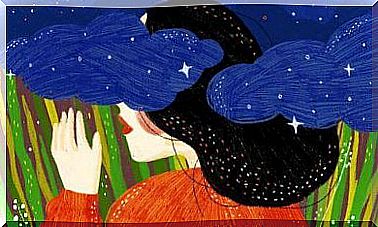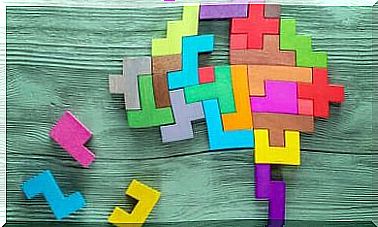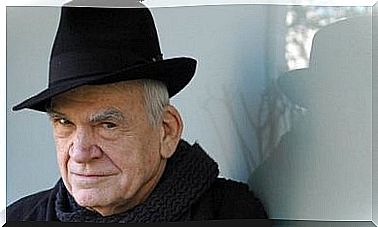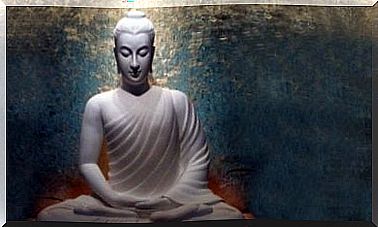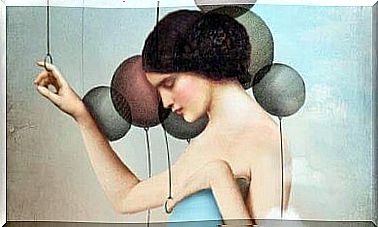5 Lao Tsen Quotes To Consider
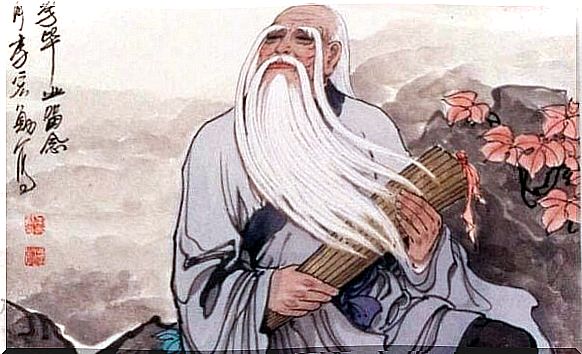
Lao Tse is a Chinese word meaning “old master”. It is also the name of a philosopher and thinker who probably lived in the 6th century. He has received recognition for his work Daodejing , but there is also a veil of mystery hovering around him. In fact, many people doubt whether he really ever lived.
What we know for sure is that the intellectual heritage under the name “Lao Tse” has lived on to this day. It does not necessarily matter whether it was one or more persons. What it means are the doctrines he imparts, which are still important thousands of years later.
We must pay tribute to Lao Tse for this legacy of wisdom. His thoughts reflect many principles of Western culture. They appeal to good judgment, simplicity and serenity. They praise intelligence and reasonableness. We will next share five of his most awesome sayings and aphorisms.
1. Happiness according to Lao Tsen
Lao Tse pondered happiness. From his point of view, and for many centuries before the era of consumption, Oriental philosophy separated happiness from wealth. One timeless quote on the subject reads: “He who is not satisfied with little is not satisfied with much”.
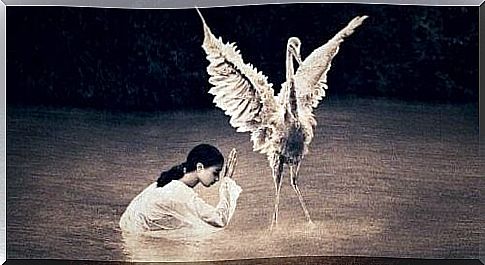
This saying defines happiness so it doesn’t matter what a person owns. A small fortune does not mean to be unhappy, and a fortune is not the same as happiness. Prosperity is achieved through things that have nothing to do with property. Happiness and dissatisfaction are simply found in being, not in what surrounds us.
2. Rigidity and flexibility
For many, rigidity and austerity are great virtues. But this perspective forgets the logic of living. Where there is life, there is change. And change requires adaptation. Instead of being like steel, life requires us to flow like water.
Lao Tse left behind another great thought on the subject: “Man is delicate and weak at birth, rigid and powerful at death. The same is true of everything. Trees and shrubs in their early growth are soft and flexible, but when dried they become dehydrated and tough. Their hardness and firmness are companions of death, but their subtlety and inclination are companions of life. ”
3. Giving and receiving love
Long before the emergence and popularity of humanistic doctrines, Lao Tse offered a view of love as a force. He emphasized the great difference between giving and receiving love in one of his sayings: “When you become deeply loved, you gain strength, while loving another deeply brings courage.”

There is a subtle but important difference between strength and courage. We can define power as the physical and subjective ability to do something. Courage, in turn, refers to bravery and the choice to do something. Strength is what you can, courage is what you want. There is a whole spectrum of emotion differences between the two concepts. When desire leads to ability, the opposite may not be true.
4. Desire and frustration
Asians strongly oppose desire. They see it as a source of unreasonable suffering. Their philosophy focuses more on the ability to give up what a person has before he or she seeks what he or she wants. True to this philosophy, Lao Tse gives us the following words:
“ If, in addition to healing, lust arose, I would defeat it with unspeakable simplicity. The unspeakable simplicity would remove lust and peace would return again. That way the world would be reborn. ”
To Westerners, this idea seems almost absurd. In Western cultures, ambition is a source of growth and progress. Nevertheless, our current reality shows that desire can be a bottomless gap that can never be filled.
5. Fight or retreat
The East is home to martial arts. Paradoxically, most martial arts teach their practitioners to avoid fighting whenever possible. The great wisdom brought by war is precisely that we must do our best to avoid it. Lao Tsen’s philosophy reinforces this idea with the following saying: “A great soldier has said, ‘ I dare not be a master but I would rather be a stranger. I’m not afraid to make an inch, but I’d rather step back. ‘
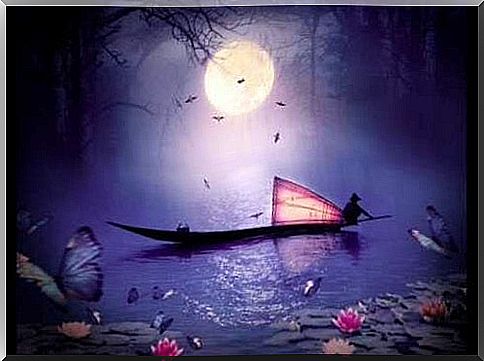
Lao Tsen’s thinking is without a doubt a great gift of wisdom to the world. It not only provides a guide to the good life, but also uses the language of poetry in its teachings. We have a lot to learn from this thousands of years old character who seems to be alive today more than ever before.


